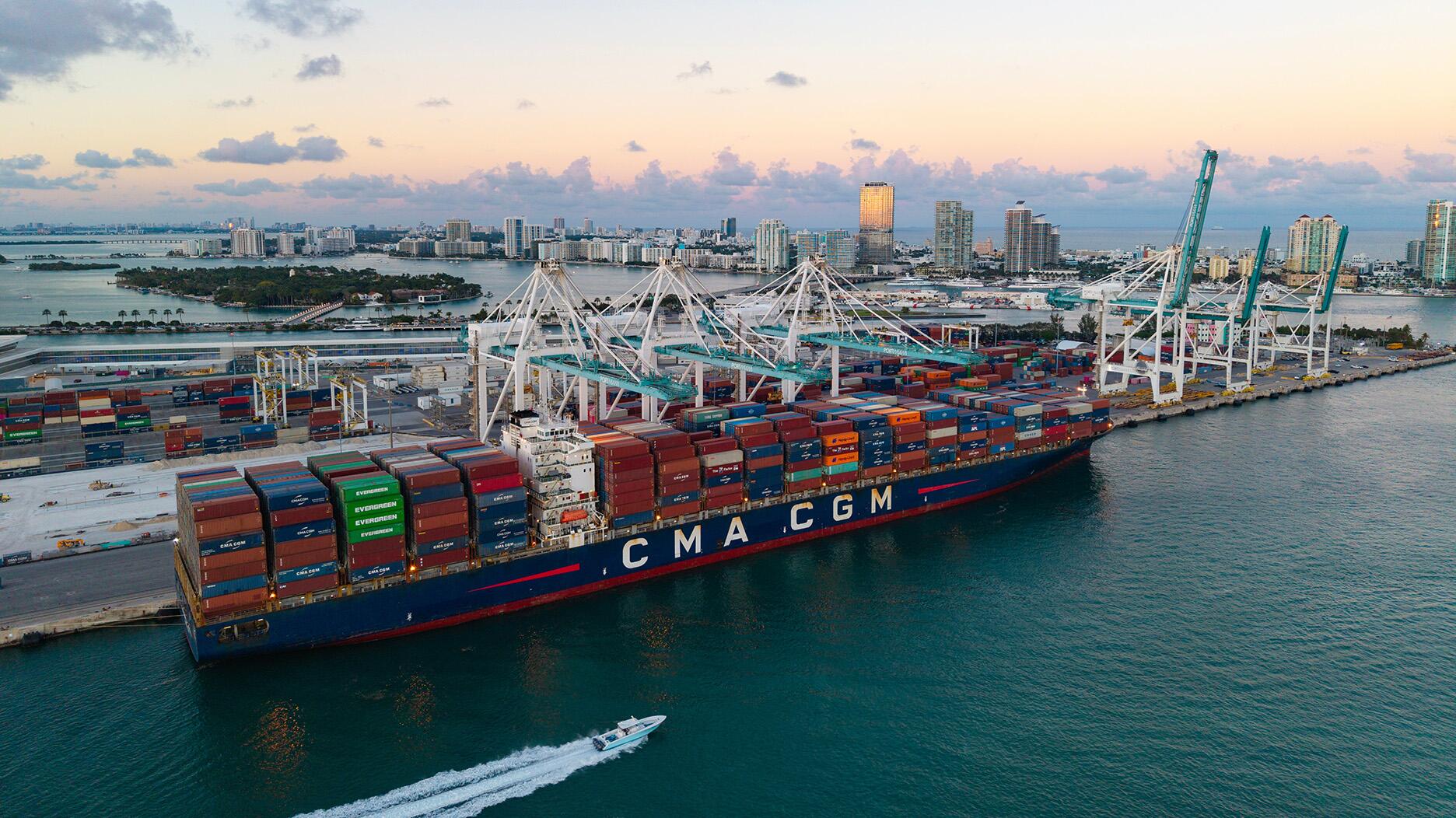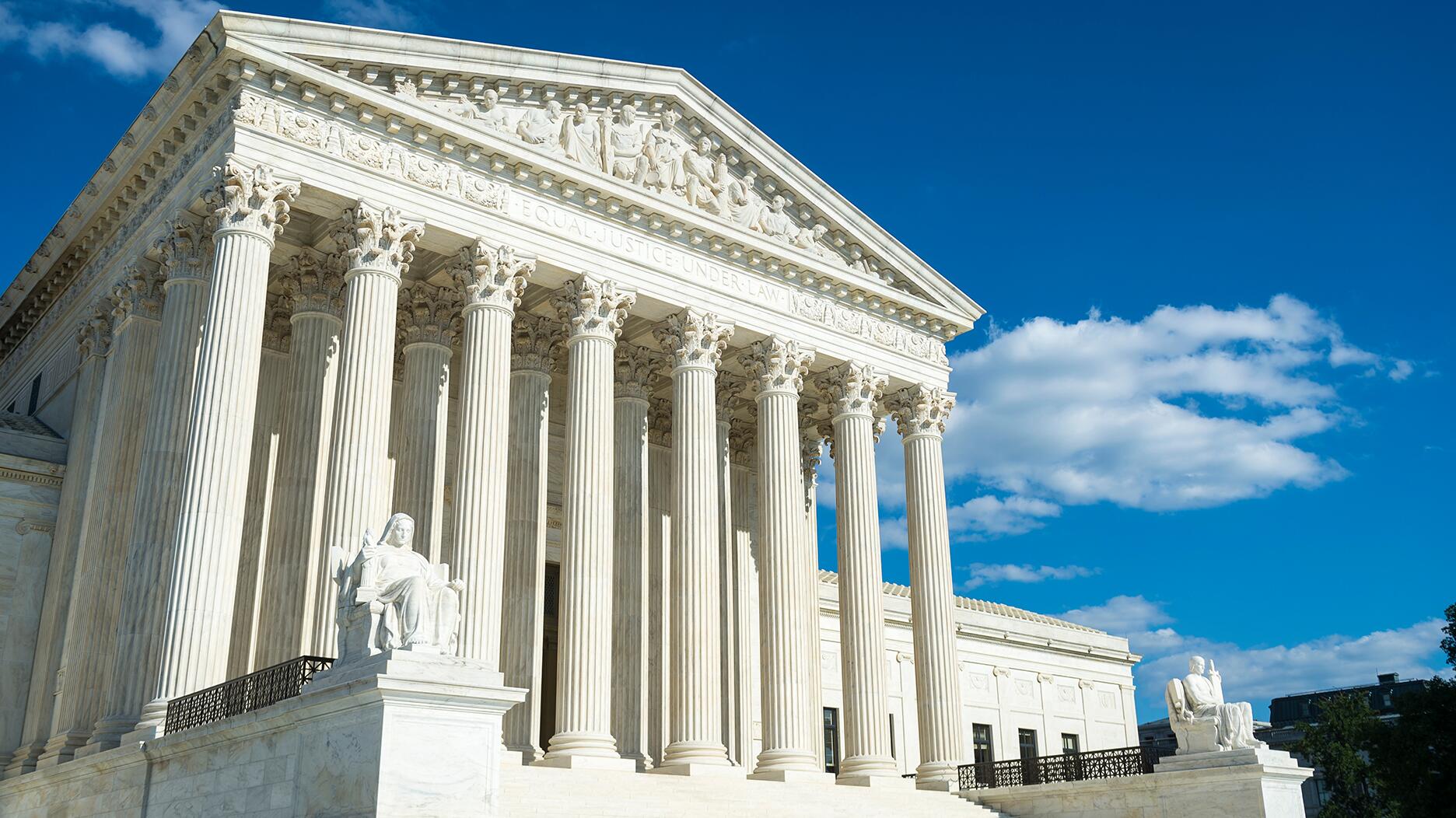5 Things Retailers Should Know About COVID-19 Safety
As the Delta variant spreads rapidly, some retailers are reinstating mask mandates and requiring employees to get vaccinated.

The Centers for Disease Control and Prevention updated its guidance last week, reinstating its mask policy in certain cases as the Delta variant spreads rapidly.
Here are five things retailers should know about the shifting situation.
The Delta variant is spreading quickly.
First identified in India in December, the highly contagious virus strain ran rampant through the country, then the U.K., and now in the U.S., where it has become the dominant variant, according to Yale Medicine.
By the end of July, it was the cause of more than 80 percent of new U.S. COVID-19 cases, the CDC estimates.
“In a completely unmitigated environment—where no one is vaccinated or wearing masks—it’s estimated that the average person infected with the original coronavirus strain will infect 2.5 other people,” said Dr. F. Perry Wilson of Yale Medicine.
“In the same environment, Delta would spread from one person to maybe 3.5 or 4 other people.”
The #DeltaVariant of the virus that causes #COVID19 is more than 2x as contagious as the original strain. Some fully vaccinated people can spread Delta, but vaccines provide protection from hospitalization, severe disease, and death.
— CDC (@CDCgov) August 2, 2021
Get vaccinated: https://t.co/xbvNiaVJKV. pic.twitter.com/fMI8eodQkS
The CDC recommends those who are not fully vaccinated and aged 2 years or older should wear a mask in indoor public places.
In most outdoor settings, you do not need to wear a mask.
However, in areas with rising numbers of COVID-19 cases, regardless of vaccination status, you may want to wear a mask in crowded outdoor areas or during activities where you will be in close contact with those who are not fully vaccinated.
Those with a compromised immune system, even if fully vaccinated, should take the same precautions as the unvaccinated, including wearing a mask, unless otherwise advised by their healthcare provider.
Masks are still required on public transportation, including planes, buses, and trains, and while indoors at airports, stations, and other transportation areas.
Retailers are reinstating mask guidelines.
As the Delta variant raises concern, some retailers are once again requiring masks to be worn in stores.
“As the virus changes, variants spread, and vaccine hesitancy in some populations continues, retailers understand that CDC guidance may evolve and masks may be necessary again in some circumstances,” said the Retail Industry Leaders Association (RILA) in a press release.
RILA asked customers to be mindful of the guidance and be respectful of employees and customers who continue to wear masks for their safety.
Last week, Apple announced it would start requiring employees and customers to wear masks regardless of their vaccination status in more than half of its stores.
Walmart is requiring its workers and encouraging its customers, including those who are vaccinated, to wear masks in areas with high COVID-19 infection rates.
The retail giant will also have employees, or “health ambassadors,” at the door handing out masks and will bring back signs explaining its policy.
Grocery chain Kroger is also encouraging shoppers, including those who are vaccinated, to wear a mask in stores.
As of Monday, Publix will also require all store employees, regardless of vaccination status, to wear a mask.
Target followed suit and is now requiring masks for employees in high-risk areas.
Some retailers are also requiring employees to be vaccinated.
In addition to a mask mandate, Walmart is requiring select employees to get vaccinated.
Its home office workers and management-level staff members who travel within the U.S. will need to be vaccinated by Oct. 4.
The requirement does not extend to store employees.
However, the company will double its vaccine incentive to $150 for workers in its stores, Sam’s Club stores, and its transportation, distribution, and fulfillment centers.
Private companies and government agencies can require employees to be vaccinated as a condition of working there.
“The best defense against the virus is getting more people vaccinated. Leading retailers are working diligently to help vaccinate Americans and are providing paid leave and other benefits to reduce any barriers for employees to be vaccinated,” said RILA.
The vaccine is still effective, says the CDC.
While there is more to learn about the virus, the CDC reiterated the vaccines are safe and effective at preventing COVID-19, including severe illness and death.
Even up against the variants, the vaccines are effective against severe disease and death.
Though infections can occur in fully vaccinated people, that has only happened to a small percentage of those vaccinated. When it does happen, the effects are usually mild.
If you are fully vaccinated and are infected with the Delta variant, you can spread it to others, as per the CDC.
Those with a weakened immune system and those who are on immunosuppressive medications may not be protected even if they are fully vaccinated.
For more information about COVID-19 and the vaccine, visit the CDC website.
The Latest

Chicago police and members of the U.S. Marshals Service tracked down the 35-year-old suspect earlier this week in St. Louis.

Owners of the Ekapa Mine reportedly filed for liquidation about a week after a mudslide trapped five workers who have yet to be found.

A 10-year alliance has also begun to address the shortage of bench jewelers through scholarships, enhanced programs, and updated equipment.

Every jeweler faces the same challenge: helping customers protect what they love. Here’s the solution designed for today’s jewelry business.
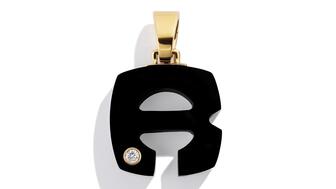
The “Splendente” collection has evolved to feature hardstone letter pendants, including our Piece of the Week, the onyx “R.”

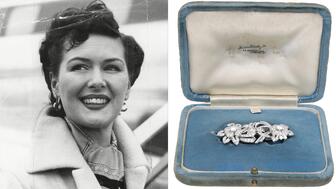
The jewelry collection belonged to “one of society's most glamorous and beautiful women of the mid-20th century,” said the auction house.

The update came as Anglo took its third write-down on the diamond miner and marketer, which lost more than $500 million in 2025.

With refreshed branding, a new website, updated courses, and a pathway for growth, DCA is dedicated to supporting retail staff development.

Emmanuel Raheb discusses the rise of “GEO” and the importance of having well-written, quality content on your website.
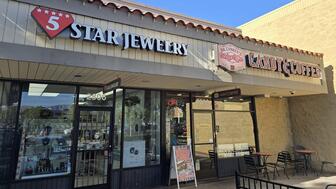
Each received around four years for burglarizing a jewelry store and a coffee shop in Simi Valley, California, last May.

Catherine Aulick, a GIA graduate, received the ninth and final Gianmaria Buccellati Foundation Award for Excellence in Jewelry Design.

We asked a jewelry historian, designer, bridal director, and wedding expert what’s trending in engagement rings. Here’s what they said.
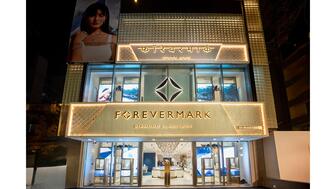
Experts from India weigh in the politics, policies, and market dynamics for diamantaires to monitor in 2026 and beyond.

Beth Gerstein discusses the vibe of the new store, what customers want when fine jewelry shopping today, and the details of “Date Night.”

Are arm bands poised to make a comeback? Has red-carpet jewelry become boring? Find out on the second episode of the “My Next Question” podcast.

The Swiss watchmaker is battling declining sales amid a rapid retail expansion, according to a Financial Times report.

The campaign celebrates Giustina Pavanello Rahaminov, the co-founder’s wife and matriarch of the family-owned brand, for her 88th birthday.

Rachel Bennett, a senior jeweler who has been with Borsheims since 2004, earned the award.

The industry veteran, who was with The Edge Retail Academy for 14 years, joins her husband at the company he founded in 2022.

The vintage signed jewelry retailer chose Miami due to growing client demand in the city and the greater Latin American region.

Former Flight Club executive Jin Lee will bring his experience from the sneaker world to the pre-owned watch marketplace.

Sakamoto, who died in mid-January following a sudden illness, is remembered for his humility and his masterful, architectural designs.

The April event will feature a new VIP shopping day requiring a special ticket.

Bulgari chose the British-Albanian singer-songwriter for her powerful and enduring voice in contemporary culture, the jeweler said.

Smith encourages salespeople to ask customers questions that elicit the release of oxytocin, the brain’s “feel-good” chemical.
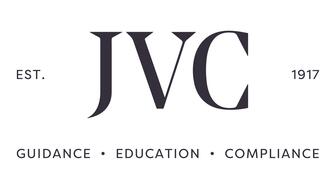
JVC also announced the election of five new board members.

The brooch, our Piece of the Week, shows the chromatic spectrum through a holographic coating on rock crystal.












